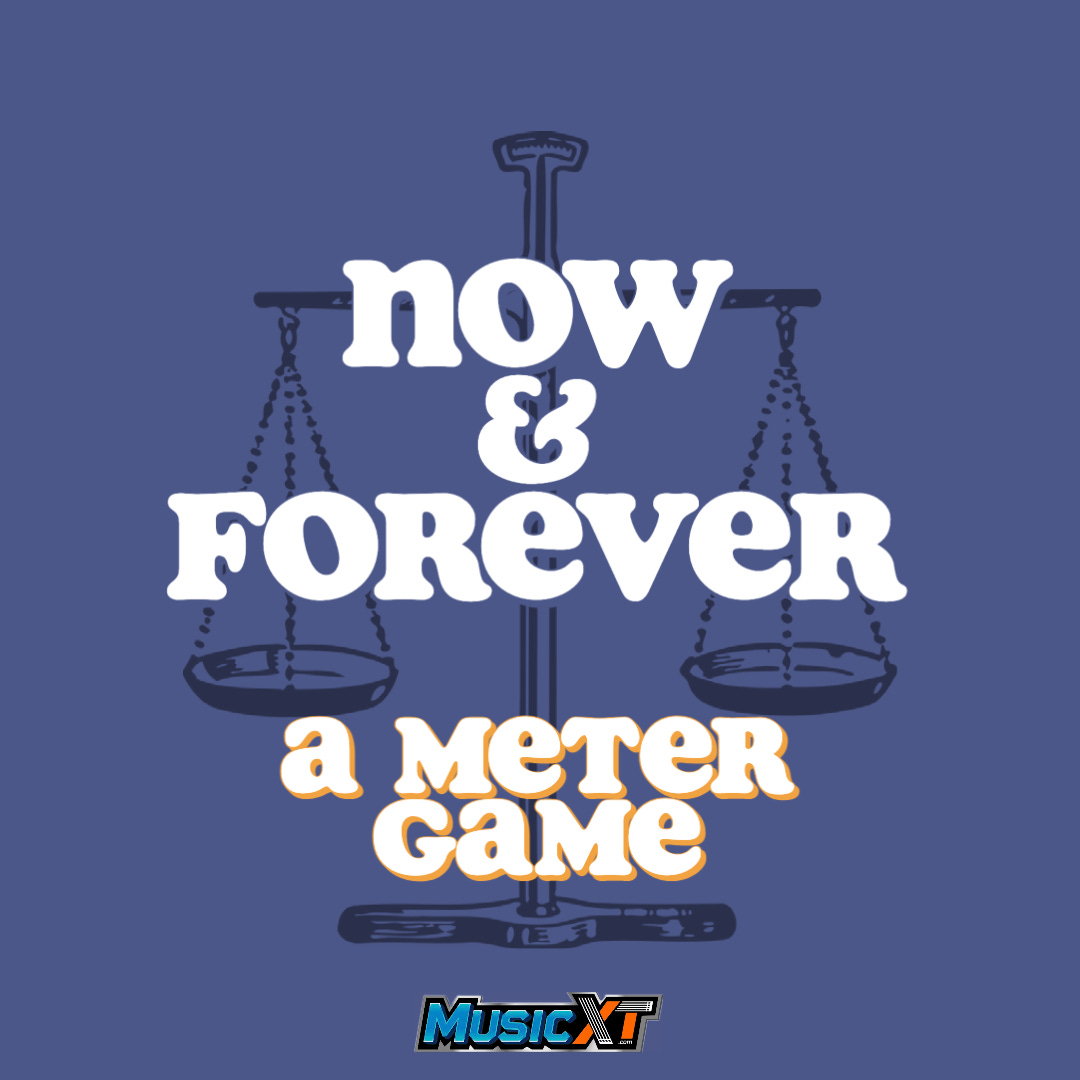Thanks for being a subscriber to MusicXT on SubStack. If you’re finding use for this content, please consider becoming a paid subscriber so you will get access to the archives of lessons, as well as much content that is not available for free! Have you considered asking your district or administrator to reimburse you for a subscription? I have a created a form letter, which you can send to your administrator to ask for a reimbursement!
Mark your calendars!!! I am presenting a workshop for the Music ConstructED platform entitled “Movement IS Music - Dalcroze Strategies for Public School Classrooms” on November 28th (8PM Eastern, 7 PM Central). This will be a virtual event, and I hope everyone in this SubStack community will join me! I’ll be going over some of the most popular activities posted here, expanding on them, answering questions, and providing some deeper insights. I will be presenting the workshop live, but I believe there is an asynchronous option, if you can’t make the live version.
You can sign up for the workshop HERE
Dalcroze legend Ruth Alperson, of whom I am a great admirer, issues a challenge to her certificate students. Can you limit your instructions to seven words or less? Stephen Moore takes a similar approach. How few words can you reduce the instructions? This economy of words is a technique that forces teachers to keep music, discovery, and experience at the center of their class.
One way to achieve this aspiration is to teach through bite sized steps. This means you only ask the students to do a task which requires minimal direction. The game I present below, which I call “Now and Forever” is a great example of this sequencing. Notice that the game begins with the simple of instruction of “Let’s go for a walk!” The game is built step by step, with redirection at each level to improve performance and correct errors.




